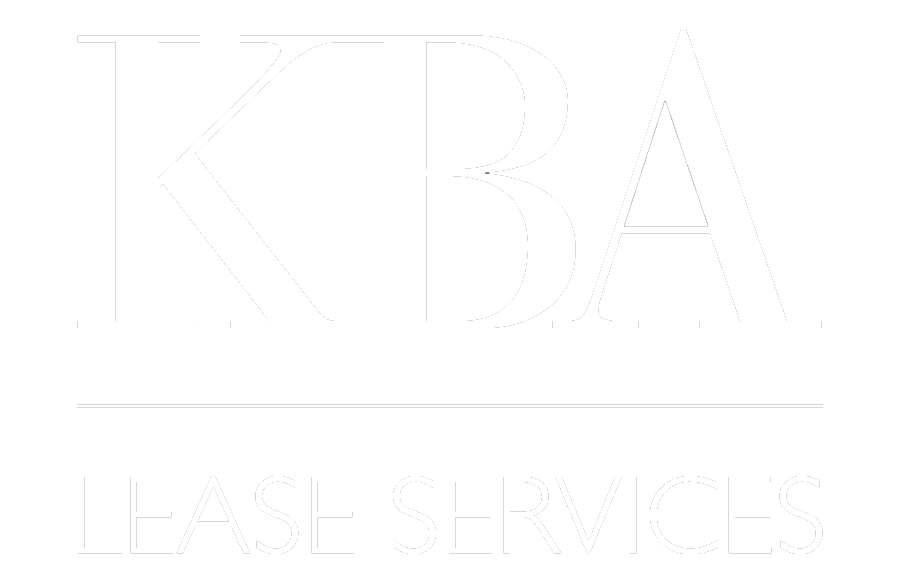Landlords are devoting more time and professional resources to increase revenue. As evidence of this, landlord-oriented articles are appearing in various publications suggesting how to uncover hidden income from tenants through greater attention to tenant pass-throughs. See this recent article entitled “Revenue Recovery” in Commercial Investment Estate Magazine in which the author states, “the new year presents the perfect opportunity for landlords to review lease terms and billing procedures.”
Now more than ever, tenants should be reviewing their leases and bills to make sure they do not contain overcharges or errors. Here are 6 reasons why tenants should increase their vigilance with respect to operating expenses and other pass-through charges:
1. Operating expense and tax pass-throughs are expensive.
Real estate can be one of a company’s most significant expenses, and commercial leases are one of its key components. Up to 70% of the cost of a lease can represent the tenant’s obligation to share in building operating costs, taxes and utilities.
2. Mistakes happen.
Because leases are complex, it is common for tenants to be incorrectly billed. Errors can range from simple miscalculations to wholesale misinterpretations of lease language. Many mistakes are unintentional; some are not. Regardless of the cause, errors can result in significant overcharges over time. For examples of the types of errors that occur, see our list of Sample Issues.
3. You don’t get the special treatment you deserve.
While most commercial leases share a common basic structure, leases are individually negotiated and almost always contain unique terms that must be applied to each tenant’s bill separately. Many landlords do not bill each tenant according to their individually negotiated lease terms, but instead follow the building’s standard lease.
4. Your landlord’s CPA’s certification doesn’t mean your bills are correct.
Even though your landlord’s CPA firm may have certified your landlord’s financial records, they almost never certify each tenant’s bill. Furthermore, landlords’ CPA firms typically certify that the operating expenses are properly treated from an owner’s point of view for financial reporting purposes, not from the point of view of a lease pass-through clause. (For a more detailed discussion of lease audit deadlines, see our LeaseTip™ “A CPA Certification is Not Enough.”)
5. The burden’s on you to find errors.
At the beginning of each year, landlords reconcile their buildings’ actual expenses with the amounts contributed by their tenants during the prior year. They then issue adjusting statements that settle each tenant’s liability and establish the new estimates for the current year. Even though landlords must follow their leases when issuing these statements, the burden is on the tenant to identify errors and bring them to their landlords’ attention. If they don’t the bills are considered conclusive and binding.
6. Time works against you.
Leases give tenants very short windows (usually 30-120 days) to object to billing errors. If the tenant does not object in time or does not follow the correct procedures, the statements are deemed correct and errors are no longer fixable. (For a more detailed discussion of lease audit deadlines, see our LeaseTip™ “Negotiating Lease Audit Rights.”)
